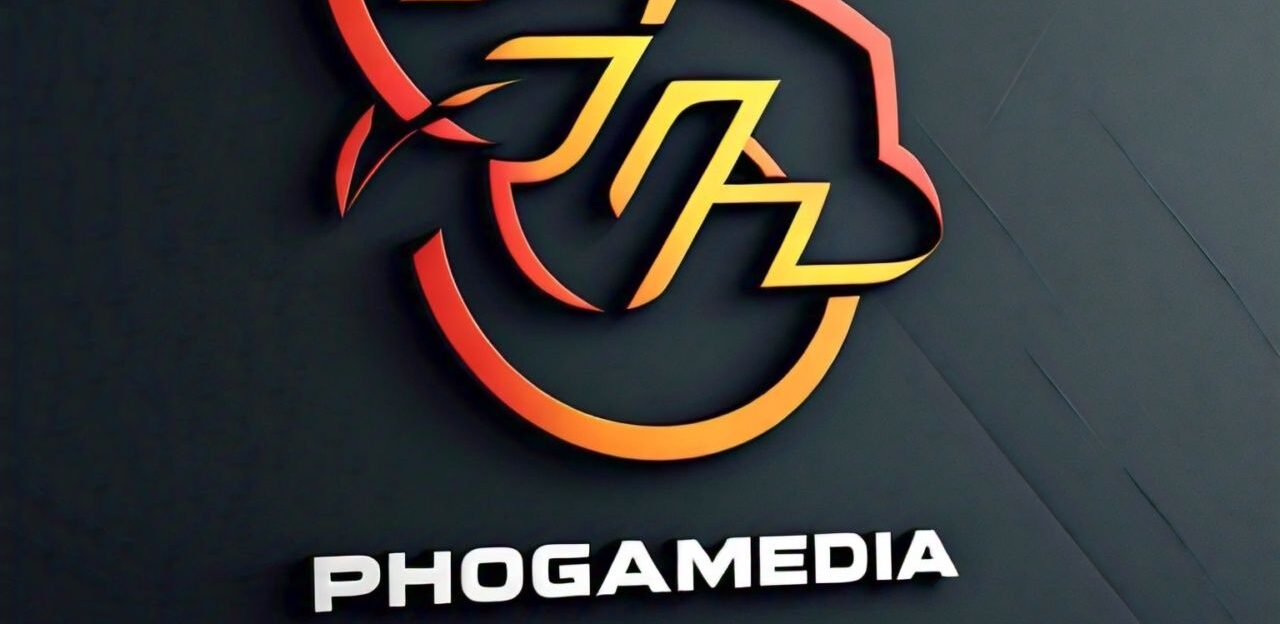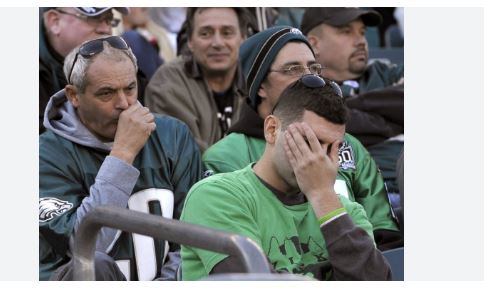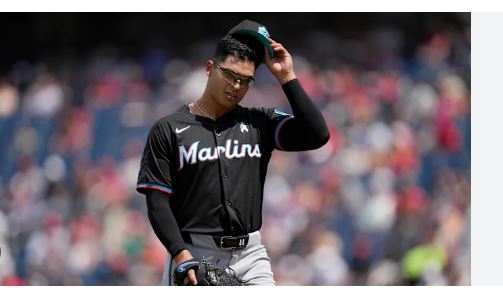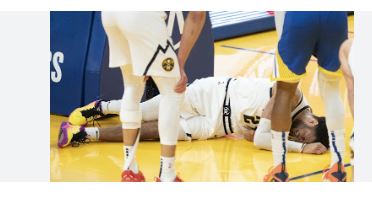ESPN’s NBA Finals Coverage Has Shifted Focus From the Game to Themselves
The 2025 NBA Finals, which should be highlighting the Oklahoma City Thunder and Indiana Pacers, have instead become a stage for ESPN’s personalities to steal the spotlight.
Whether it was intentional or not, ESPN has managed to turn its Finals coverage into a showcase of its own commentators, overshadowing the athletes and the game itself. What should have been a celebration of elite basketball has started to resemble a chaotic entertainment spectacle, more akin to WWE than the NBA.
Despite the Thunder and Pacers delivering an exciting, youth-driven Finals matchup, ESPN’s coverage has veered away from stars like Shai Gilgeous-Alexander and Tyrese Haliburton. Instead, the dominant figures in the coverage are Stephen A. Smith, Pat McAfee, Kendrick Perkins — and a swirl of gimmicks, on-air drama, pajama mishaps, and viral moments.
In essence, ESPN has made the Finals more about its own brand than the sport it’s supposed to cover.
This media circus didn’t appear out of nowhere — it’s been building. The shift gained traction after Tyrese Haliburton, following a solid 22-point performance, made a pointed observation about sports commentary. He questioned the depth of media analysis, suggesting that many pundits don’t fully grasp the nuances of the game. His comment wasn’t inflammatory — he didn’t single anyone out, but it was a critique of how narratives are often spun carelessly.
Rather than engaging with that perspective thoughtfully, Stephen A. Smith took offense. On *First Take*, he dismissed Haliburton’s criticism as oversensitivity and responded with a condescending, “How’s that worked out for you?” The discussion immediately pivoted away from Haliburton’s insight into whether Smith’s ego had been bruised.
Then Pat McAfee weighed in.
On his show, McAfee told Smith to “relax,” acknowledging that while media critique is part of the job, it doesn’t need to be personal. But instead of letting the moment pass, McAfee used a live broadcast opportunity to launch a playful jab at Smith — right in the arena, during game coverage — as part of his ongoing frustration over perceived media disrespect toward the Pacers.
Kendrick Perkins also jumped in, adding his voice to the fray during the postgame show after Game 4. This escalating back-and-forth has spilled into the stands too. Pacers fans, clearly aware of the growing spectacle, arrived at Game 4 dressed in “Dumb and Dumber” tuxedos, poking fun at Smith and Perkins. That same day, Smith was shown on air in his pajamas, caught fumbling with his laptop and appearing to play solitaire, nearly exposing his personal emails.
None of this is new for ESPN. The network has long encouraged its commentators to be entertainers as much as analysts. But during these Finals, that approach has reached an extreme. The broadcast has become more about the analysts as personalities than about the actual game. Even when there’s compelling basketball to cover, the narrative revolves around who said what at the ESPN desk.
This strategy conveniently shifts attention away from real critiques. Questions like: Why doesn’t ESPN feature more basketball-savvy voices? Why does the analysis feel rushed and superficial during the most important games? Why is the halftime show still lacking substance? All get buried beneath viral clips of Stephen A. defending himself or sparring with McAfee.
But make no mistake — this isn’t accidental. ESPN is choosing this route. They’re not just covering the Finals; they’re producing media drama where the real competition is between TV personalities, not players.
And while it may generate clicks and social media buzz, it comes at the cost of actual sports coverage. The Finals have become a platform for ESPN’s internal theater, with the basketball relegated to background noise.
That’s especially frustrating in a year like this. Shai Gilgeous-Alexander is blossoming into a dominant closer. Chet Holmgren is leaving his mark on every possession. Tyrese Haliburton is pushing through injury to lead his team on the biggest stage of his career. These storylines deserve focus — and the fans deserve coverage that honors the moment.
Instead, ESPN has made the Finals about themselves.





